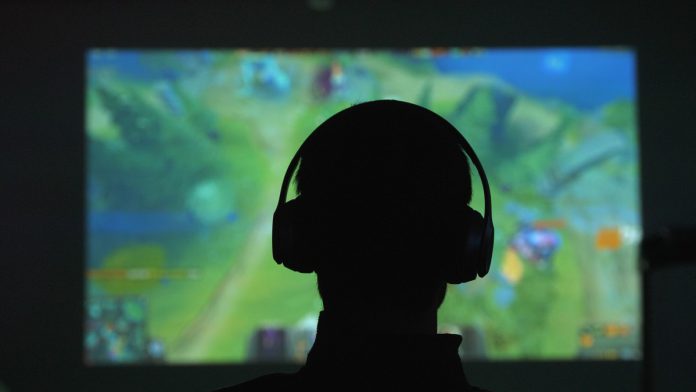The Department for Digital, Culture, Media and Sport is set to further explore the classification of loot box transactions, following further calls they should be classified as a gambling product.
Integrated into video games, loot boxes offer randomised rewards which are uncertain at the point of purchase. These can be cosmetic, such as ‘skins’ that alter the characters in the game or provide users with an advantage in gameplay.
This video game feature is currently not covered by the UK’s existing gambling legislation due to the lack of monetary value associated with the items ‘won’ – as the topic of loot boxes blurs dynamics between competitive gaming and gambling.
The topic has long been shrouded in controversy, over concerns regarding whether they advocate gambling amongst a younger audience.
Labour MP Carolyn Harris, who chairs a cross-party group of MPs investigating gambling-related harm emphasised: “They are a virtually speculative commodity that only help to normalise and encourage young people to take a chance.
“All too often this will lead to youngsters developing an addiction to gambling.”
In September 2019, the government urged for further restrictions to be placed on the sale of loot boxes to those under 18.
Carrying out a report on ‘addictive and immersive technologies’, the DCMS argued that online games should receive the same levels of age restriction as physical sales of gambling products to best protect its users, and that the gaming industry should contribute financially towards independent research into the long-term effects of gaming.




















